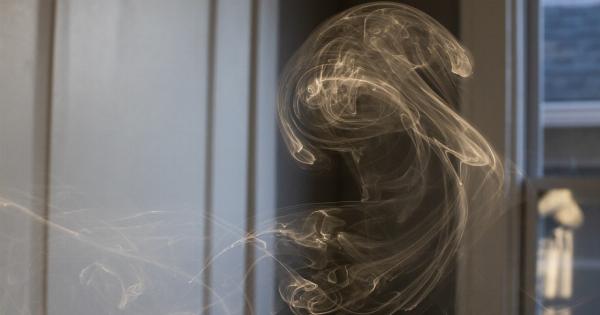Are you having trouble sleeping at night? Do you wake up frequently or have difficulty falling asleep? You may be surprised to learn that what you eat and drink during the day could be the culprit behind your restless nights.
Sugar and Caffeine
Sugar and caffeine are two of the most common culprits when it comes to disrupting sleep. Sugar, particularly when consumed in large amounts, can cause hyperactivity and lead to difficulty falling asleep.
Caffeine, on the other hand, is a stimulant that can keep you awake and alert, even after consuming it hours before bedtime.
To avoid restless nights, it’s important to limit your intake of sugar and caffeine, particularly in the hours leading up to bedtime. If you’re a coffee drinker, consider switching to decaf in the afternoon and evening hours.
And if you have a sweet tooth, try opting for fruit or other natural sources of sugar.
Alcohol
While alcohol may initially make you feel drowsy or relaxed, it actually disrupts the quality of your sleep later in the night.
This is because alcohol can interfere with your body’s natural sleep cycle, leading to reduced REM (rapid eye movement) sleep and more frequent awakenings.
If you’re having trouble sleeping, it’s best to avoid alcohol altogether. If you do choose to drink, try to limit your intake and make sure to give yourself plenty of time before going to bed to allow your body to metabolize the alcohol.
Heavy or Spicy Meals
If you’ve ever gone to bed feeling uncomfortably full or with heartburn, you know how difficult it can be to get a good night’s sleep. Heavy or spicy meals can cause indigestion and discomfort, making it challenging to relax and fall asleep.
To avoid this problem, try to eat your largest meal of the day earlier in the evening and avoid heavy or spicy foods close to bedtime. Opt for lighter, easily digestible meals instead.
Processed or Fast Foods
Processed and fast foods are often high in sugar, salt, and unhealthy fats, all of which can disrupt sleep.
In addition, these types of foods are often low in nutrients and can leave you feeling hungry or unsatisfied, making it difficult to fall asleep or stay asleep at night.
To promote better sleep, focus on eating a balanced diet that includes plenty of fruits, vegetables, whole grains, and lean proteins.
These foods provide your body with the nutrients it needs to function properly, including supporting healthy sleep patterns.
Low-Carb Diets
While low-carb diets are often touted as a way to lose weight and improve health, they can also have negative consequences for sleep.
This is because carbohydrates are the primary source of energy for the body, and low-carb diets can lead to low blood sugar levels and increased levels of cortisol, a stress hormone that can interfere with sleep.
If you’re following a low-carb diet and struggling with sleep, try incorporating small amounts of healthy carbohydrates, such as fruits, vegetables, and whole grains, into your meals. This can help regulate blood sugar levels and improve sleep quality.
The Bottom Line
If you’re having trouble sleeping, it’s important to take a close look at your diet and see if there are any foods or drinks that could be contributing to the problem.
By making small, simple changes, such as reducing your sugar and caffeine intake or focusing on a more balanced diet, you can promote better sleep and wake up feeling refreshed and energized.





























